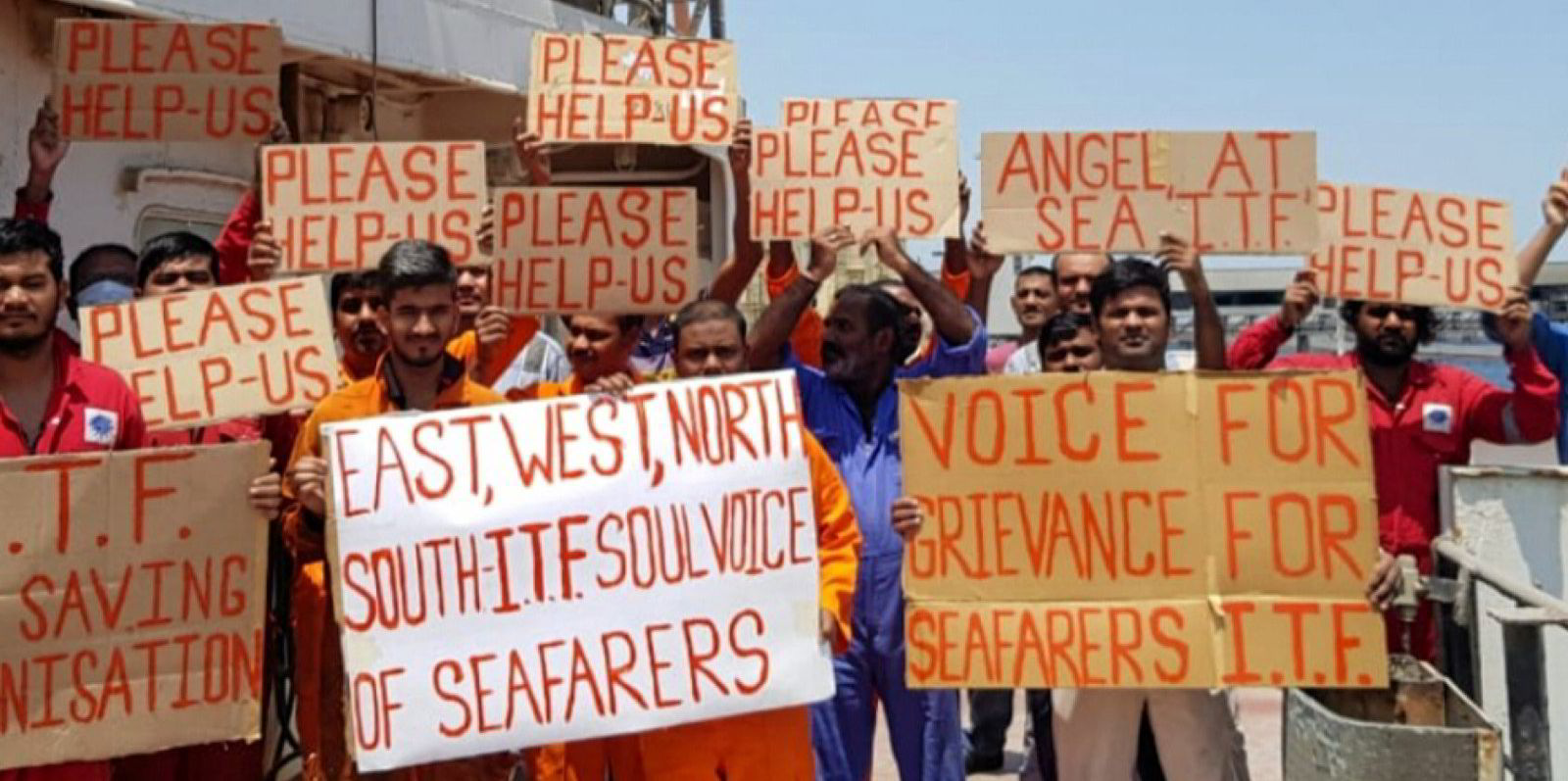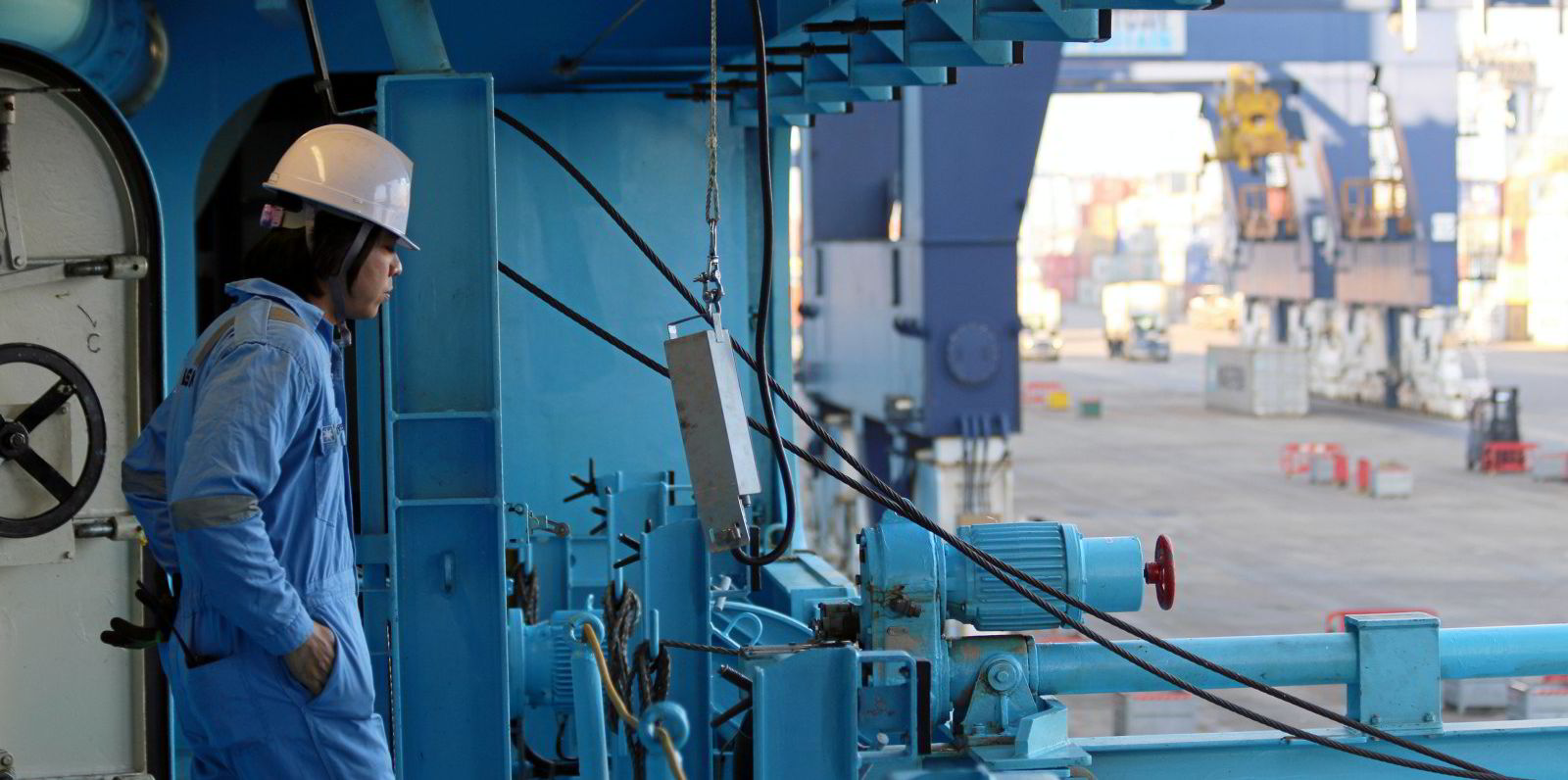German legislation on human rights and the environment could be a much-needed catalyst for shipping to get its house in order on seafarer welfare.
This is the view of London shipbroker Alibra Shipping, which says the Supply Chain Due Diligence Act could lead the fight against modern slavery in the maritime industry.
The law entered into force in 2023 and initially applied to companies with 3,000 or more employees.
From this year, it included those with 1,000 or more staff and a registered office or branch in Germany.
Companies must design, implement and monitor procedures to ensure that every part of the supply chain is complying with human rights and environmental requirements.
Intentional or negligent violations by companies with revenue of more than €400m ($428m) can result in fines of up to 2% of annual turnover. Smaller operations can be penalised up to €8m.
“It is a major milestone pushing businesses to assume full responsibility for their supply chains,” Alibra said in a research note.
“This is a positive move forward, particularly for the shipping industry, where forced labour, human trafficking and modern slavery are not terms that are often used,” the London shop added.
Alibra noted a rising number of crew abandonment cases, calling it an industry-wide problem.
The International Transport Workers’ Federation has reported that seafarers worldwide are owed over $12m in wages.
“Sanctions should be issued against shipowners and operators who persistently disregard international labour and safety laws or violate seafarers’ employment agreements,” Alibra said.
Call for global regulation
“There needs to be a global regulatory act to exert pressure and impose sanctions to ensure that wages are paid, food, water and fuel are supplied to the vessel, and there is adequate internet access. This requires flag and port states to step up,” the broker added.
“Hopefully the German Supply Chain Due Diligence Act will prompt this and instigate change, ensuring that crew welfare issues are top of all ship operators’ agendas,” Alibra concluded.
London law firm Norton Rose Fulbright believes the German act’s requirements “will pose compliance challenges on an unprecedented scale, in particular for multinational German companies with business activities in high-risk countries”.
The term “supply chain” under the act refers to all steps both in Germany and abroad, necessary for the production, handling and delivery of goods, the law firm pointed out.
Requirements relevant to shipping include those relating to forced labour, occupational health and safety obligations, freedom of association and unequal treatment in employment, as well as the withholding of an adequate living wage.





